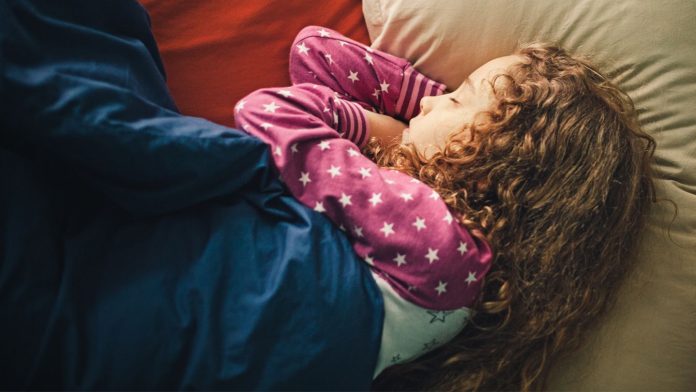Bed rest beyond 24 to 48 hours following mild concussions in teens may be a classic example of “more isn’t always better,” according to a new study. The research, published in the online edition of Pediatrics, suggests that extra bed rest may even make symptoms last longer.
“Strict rest for five days immediately after a concussion did not help teenagers get better, compared to our current advice of one to two days of rest followed by a gradual return to activity,” lead researcher Danny Thomas, MD, MPH, assistant professor of pediatrics and emergency medicine at the Medical College of Wisconsin (MCW), told HealthDay.
“We found that teenagers instructed to rest for five days actually reported more symptoms over the course of the study,” Thomas added.
Concussion is a common risk for teens, particularly those who play competitive sports. According to the Centers for Disease Control and Prevention (CDC), an estimated 248,418 children ages 19 and under were treated in U.S. emergency rooms for sports- and recreational-related concussions or traumatic brain injuries in 2009.
Although the numbers indicate concussion is a growing health problem, little data exists regarding the optimal period of rest following the injury. While traditional treatment is one to two days of rest followed by a gradual return to normal activities, some doctors prescribe up to five days.
To determine if extra days of rest led to a better recovery from concussion, researchers from MCW followed 88 patients aged 11 to 22 years who came to the E.R. for treatment but did not require hospitalization.
A group of 45 randomly selected patients was prescribed five days of strict rest at home, including no school, work, or physical activity, and a gradual return to their normal routine. The remaining group of 43 patients was instructed to follow the traditional course of care, including resting for one to two days with a gradual return to school and normal activities when symptoms subsided.
Findings showed no clinically significant difference in return to normal balance and mental abilities between the two groups. However, the five-day rest group reported a slower resolution of their symptoms, including headaches, nausea, vomiting, balance problems, dizziness, visual problems, fatigue, irritability, sadness and nervousness.
Thomas told Bloomberg that while additional days of strict bed rest didn’t make patients’ injury worse, “it just made them more focused on it, much like a toothache that hurts more at night because there are no distractions.”
Holly Phillips, MD, CBS News medical contributor, agrees.
“If kids feel very debilitated – they are on five days of bed rest – they’re isolated from their friends, then they’re more likely to focus on and hence report their symptoms,” said Phillips in a CBS This Morning interview.
Phillips cautioned that the study did not mean that all kids who have sustained a concussion should return to normal activity after a few days. Anyone who has had a serious head injury may need additional medical care and a longer recovery time.
“The bottom line message is to take concussion seriously, get to your doctor, and figure out exactly how much [recovery time] the child should have before going back to regular activities,” said Phillips. “It can vary but more rest is not necessarily better.”








